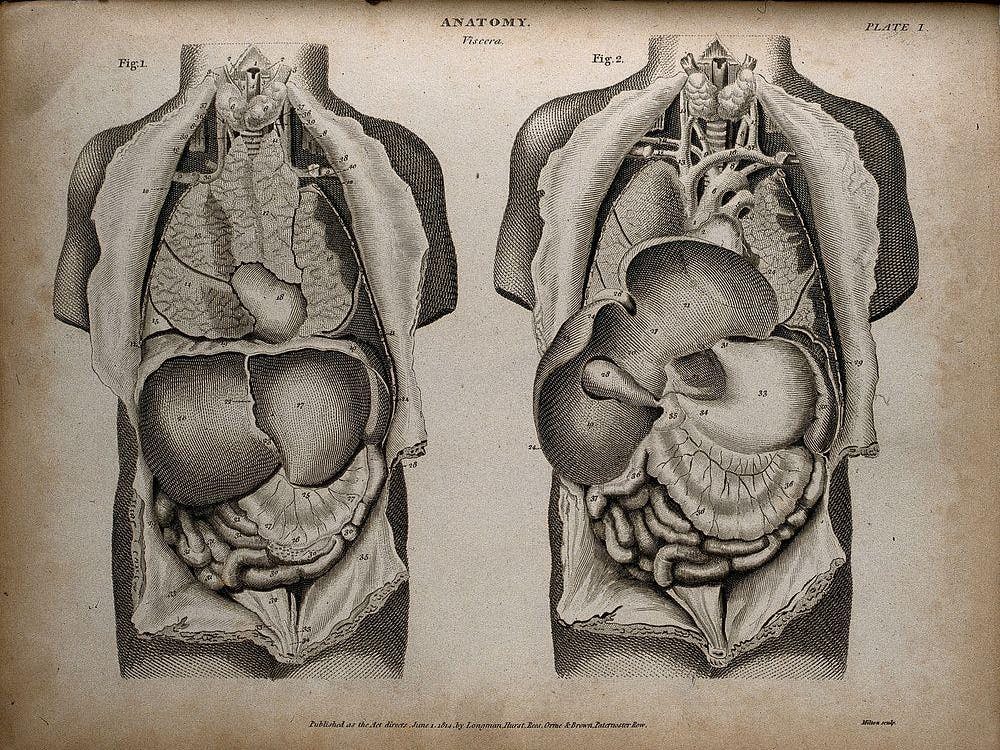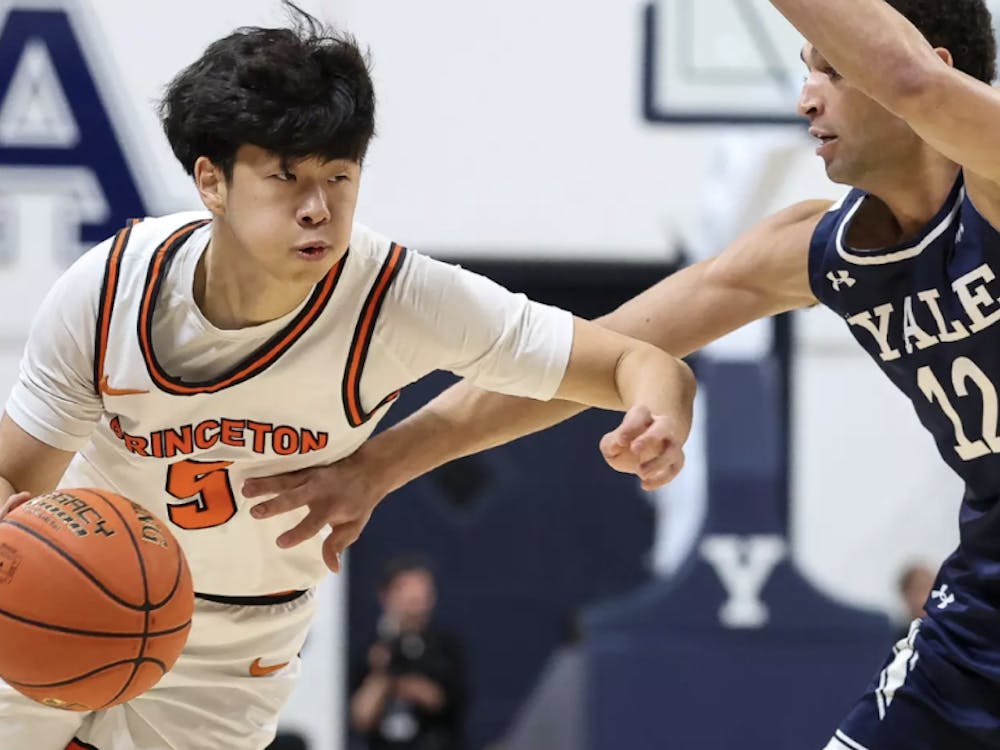For the first time in its 12-year history, the 2017 Open Doors Report on International Educational Exchange found that the number of international students enrolling in U.S. universities has decreased. For the 2016-17 school year, international enrollment fell by about three percent, or about 10,000 students.
The University, however, appears to be bucking this trend. According to data provided to the ‘Prince’ by the University’s Davis International Center, the total number of international students enrolling for the 2017-18 academic year stood at 467, an increase of 12 percent from the 2016-17 school year.
Graduate student enrollment showed a larger 15 percent increase, from 263 students to 304. The number of undergraduates grew 7 percent, from 152 students to 163.
According to an article in The Atlantic, the national decrease coincides with a stricter U.S. policy on immigration.
“The political discourse surrounding foreign nationals in the U.S. . . could be damaging to international student-recruitment efforts,” suggested a national survey cited in the article, which was conducted by six higher-education groups. The survey, sampling 250 colleges, found that four in 10 have experienced a decline in international applicants for the fall of 2017.
The University has taken action against the recent immigration ban affecting seven countries with predominantly Muslim populations. In March of 2016, the University filed a friend-of-the-court brief supporting a legal challenge to the act. University President Christopher Eisgruber ‘83 also released a statement emphasizing the University’s commitment to international students.
“Since its early days, when the College of New Jersey recruited a transformative president from Scotland, this University has depended on America’s ability to attract and engage with talented people from around the world,” Eisgruber said in the statement.
Rather than stress the travel ban, students at the University cited the perception of the high cost of U.S. colleges as a major deterrent among international students to even apply.

For Alistair MacDiarmid ’20, students in his hometown of Commugny, Switzerland did not often turn to the United States for college.
“It was common to go abroad to other European countries like England or France, but not common to go to the U.S. unless you had an American parent like me,” MacDiarmid said.
Tomisin Fasawe '21, from Akure, Nigeria, said that the difficulty of accessing financial aid outlets meant that relatively few students in Nigeria apply to U.S. schools.
“For my school in Nigeria, it was fairly usual for kids to try, at least, to search for American schools to attend. The numbers of people who kept on searching, however, reduced after the global drop in oil prices,” Fasawe said in an email. “The U.S. Dollar became more expensive, and schooling in the US became less likely for most kids.”

According to Alan Wong ’21, students at his international school in Hong Kong had a favorable perception of schools in the U.S.
“Speaking of Hong Kong students in general, including international school students, many students perceive US colleges as more prestigious, more well-rounded, and more fun,” Wong wrote in an email.
According to Wong, Hong Kong students are well aware of U.S. colleges’ high global rankings and low acceptance rates. U.S. colleges also offer a broader liberal arts education and advertise extracurricular activities, while Hong Kong universities focus more specifically on academics.
Fasawe said that the exchange rate between the Nigerian Naira and the U.S. dollar was a greater deterrent than the travel ban.
“I had a friend from Libya, however, [who] was a bit concerned about how the travel ban might have affected him. Right now, he's safe at UPenn. So I guess it didn't!” Fasawe added in the email.
According to Wong, the political perception of the United States in Hong Kong actually played a positive role in his decision to come to the University.
Fasawe said that the exchange rate between the Nigerian Naira and the United States dollar was a greater deterrent than the travel ban.
“Many students in Hong Kong, frustrated with the city's lack of progress in democracy, see the U.S., or the west in general, as a place possessing a superior political system,” Wong said. “This, in some sense, translates into an even greater admiration towards US colleges, making the colleges even more prestigious in the eyes of Hong Kong students.”







